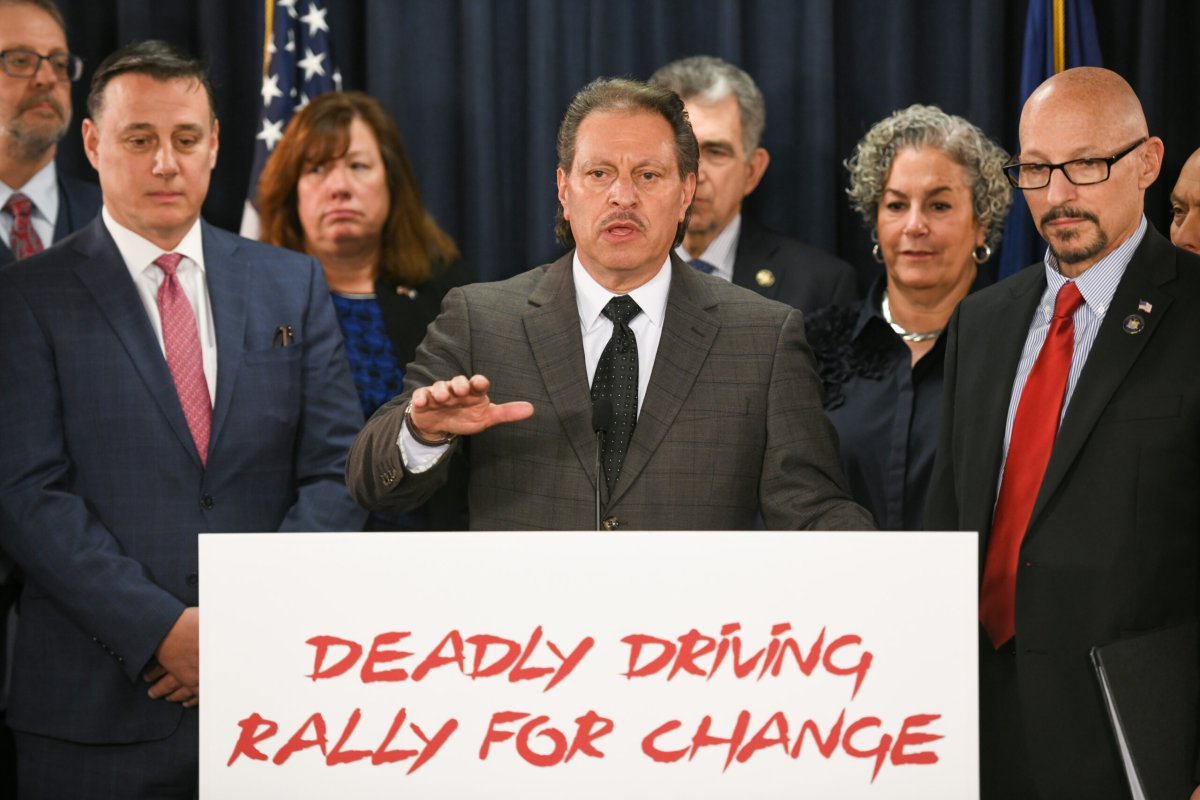A bill co-sponsored by Senator Joseph P. Addabbo, Jr. looks to change how people caught driving under the influence of drugs and narcotics are prosecuted in New York State.
Addabbo urged fellow legislators in a rally for change on Jan. 9, to help get the Deadly Driving Bill (S3135/A174) passed in Albany and eliminate what he says is a loophole for those caught driving impaired by drugs.
“The fatalities and tragedies that occur with drugged driving knows no boundaries,” Addabbo said during Tuesday’s rally. “This isn’t a political matter. It’s about doing the right thing for people.”
According to Addabbo, the New York State Public Health Law 3306 says a drug-impaired driver cannot be arrested and prosecuted without first naming the specific drug used.
This allows drivers refusing to identify the substance they’ve taken, or agreeing to take a drug test, to avoid substance abuse screening, treatment, and repercussions to their license, Addabbo explained.
“Rather than effectively stopping drugged drivers before a crash, current New York law leaves roadway travelers vulnerable,” said Addabbo,
In the cases where drivers use K-2, widely referred to as tranq, substance users show zombie-like characteristics, including an inability to respond to normal stimulus and use their fine motor skills. Addabbo says drivers even under the influence of K-2 can’t be arrested because xylazine is not on the Public Health Law list.
Although the bill does aim at helping law enforcement arrest and prosecute drug users caught while driving, Addabbo made it clear that it won’t interfere with the rollout of legal cannabis.
“The Deadly Driving Bill won’t expand law enforcement’s ability to stop vehicles or roll back cannabis legalization. New York will still require “actual impairment” using the best training and scientific tools available, not just the presence of a substance,” Addabbo explained. “However, one critical aspect this legislation will do is ensure our streets are safer for everybody.”




































